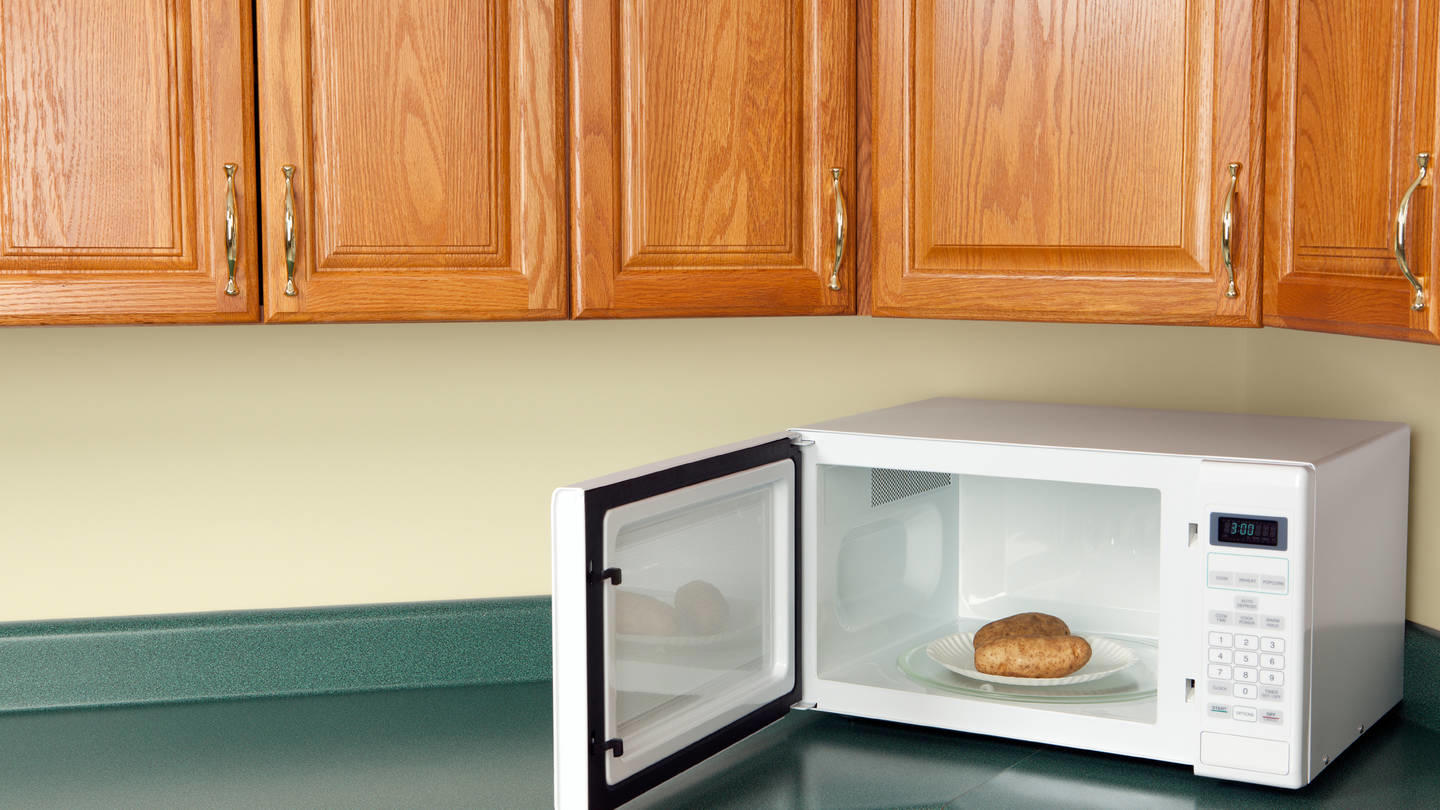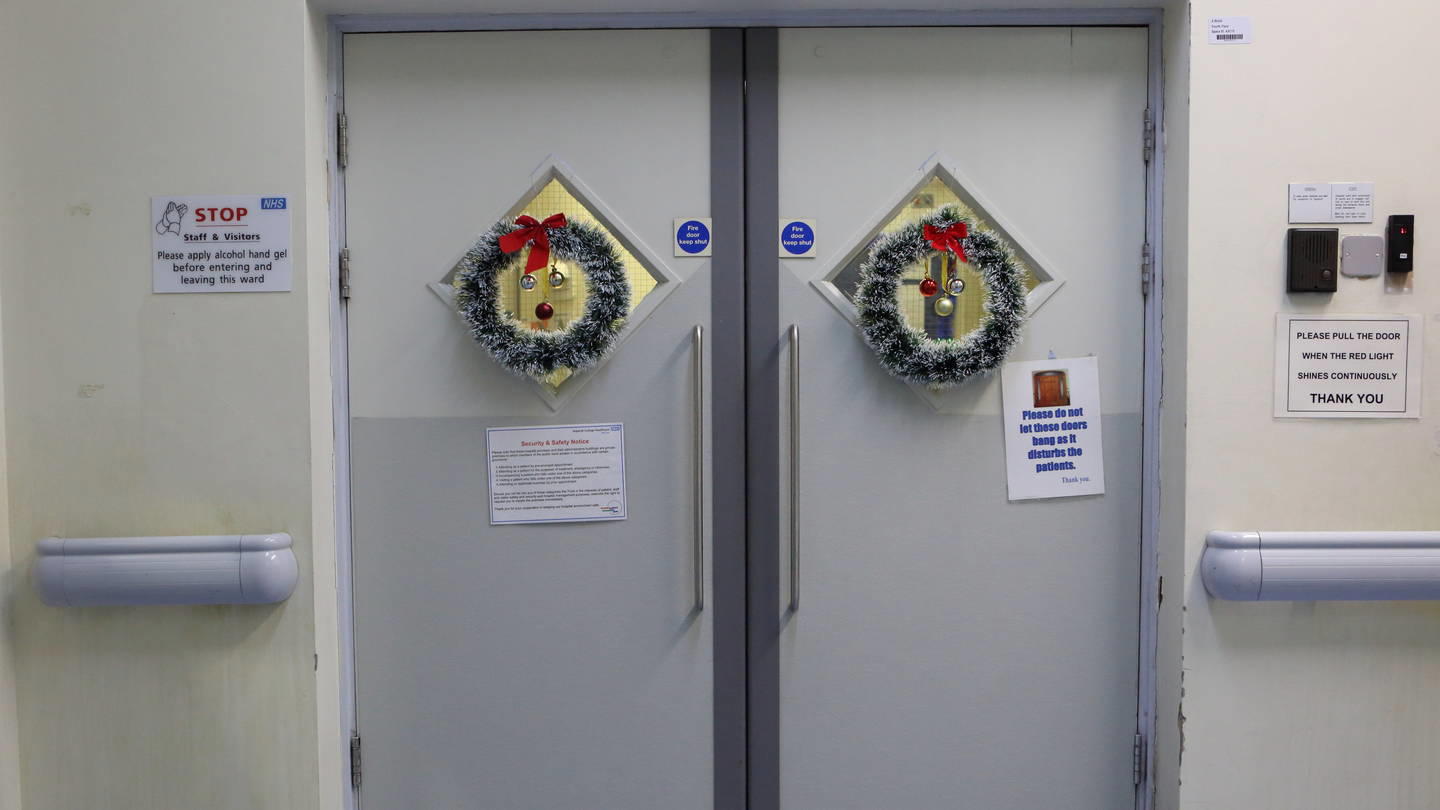When I started work as an FY1, I was prepared for my job to be stressful and full-on. I had a good idea of the day-to-day job of a junior doctor from my experience as a medical student.
However, I was uncertain of what to expect out of hours. I knew it would be busy at night, with fewer staff to cover wards, but I was surprised to discover the absence of any adequate food options or rest facilities when it came to taking my break at night.
My first post was based in a hospital with one small room for junior doctors. The room consisted of four computers, two of which were broken, and a broken telephone. There was also a sign on the door dated from 18 months earlier, saying they were planning to get a kettle, microwave and TV for the room. When I left this post a year later, none of these items had materialised.
I never had access to hot food when working out of hours, and even during the day it was tricky to get hot food. The queues were often quite long in the canteen. It served staff and the families of patients, and with limited breaks, we doctors simply did not have the time to join the queues.
The canteen also closed promptly at 5.30pm, with no opportunity to pre-order food, so it was no good for staff working later into the evenings or overnight. Often when working out of hours I survived off sandwiches or cold pasta meals and a flask of hot water for tea and coffee.
I have friends from university now working in London as junior doctors, who can’t believe the standard of facilities we have in Northern Ireland. Their hospital has a range of private retail outlets on site, with the likes of a 24-hour M&S or Tesco, and even coffee chains and fast food outlets.

Colleagues in England have access to a doctors’ mess and in some cases even a ‘wellness’ room with sleeping pods. Such pods could be useful over here, post-night shift, for those who are exhausted but have a commute. It would allow us to rest before safely driving home.
In the hospital I’m currently working in, there is a greater choice of food options, with healthy choices available. The staff canteen also opens later into the evening compared to my previous hospital, providing the opportunity to get a hot meal when working long days and twilight shifts.
There are still no out-of-hours food options and only limited facilities, with a microwave and hot water tap available in a communal handover room. The hospital also lacks a doctors’ mess and at night my only option is to heat prepared meals and eat in a small office attached to a ward.

All of the current issues relating to junior doctor working environments in the NHS will require political engagement, resources and funding to address.
However, addressing smaller issues such as access to rest facilities and meals could be solved in the interim to improve working conditions, particularly over this festive period while working in a system under extreme pressure.
For all my fellow junior doctors working over Christmas – I hope they get the opportunity to at least enjoy a hot meal and a proper, restful break during their shift.
The author is an FY2 in a Northern Ireland health trust

